Foreign diplomats, experts hail Yunnan's success on poverty relief
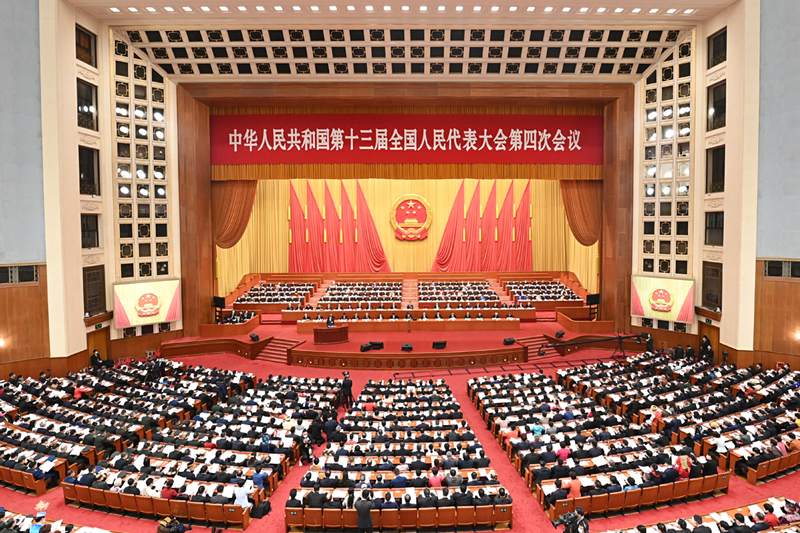
On March 5, the 4th session of 13th National People’s Congress of China was unveiled in the Great Hall of the People, Beijing.
Primer Li Keqiang said in his government work report that in the past 5 years, China has made great achievements on poverty alleviation. As many as 55.75 million poor people in rural areas have shaken off poverty, and absolute poverty has thus been eliminated across the country.

According to China’s 14th Five Year Plan (2021-25), employment promotion and industrial development will be the keys to prevent mass return to poverty.
Under the leadership of the Communist Party of China (CPC), Chinese people have made remarkable achievements in the cause of poverty reduction.
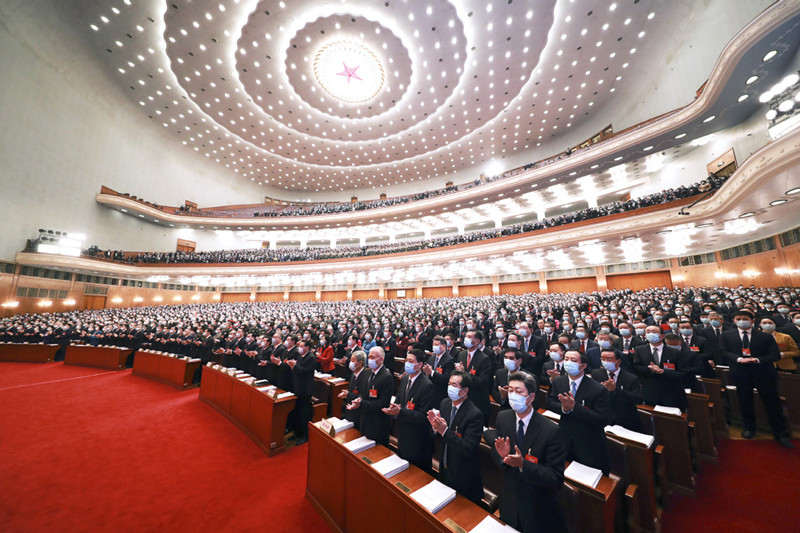
Many foreign friends in China have witnessed the dramatic change of people’s life brought by the country’s poverty alleviation campaign.
Voices:
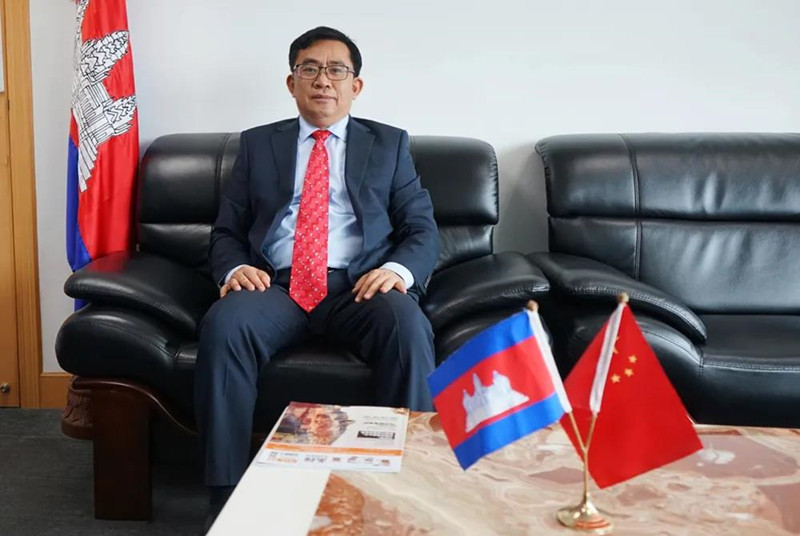
In west Yunnan’s Dehong, I’ve seen all villages being given accesses to portable water, electricity, roads and the Internet. As rural e-commerce gets popular, more people have found jobs, and they can even make money without leaving their villages.
China’s great achievements on poverty reduction have been witnessed by the entire world. And China’s experience is being learned by many countries, including Cambodia.
In the future, I hope that China, particularly Yunnan province, can further strengthen its cooperation with Cambodia in the field of agriculture. I expect to see more Chinese experts bringing their experience to Cambodia and contributing to our work of poverty reduction.
Lem Puthviro, Consul General of Cambodia in Kunming
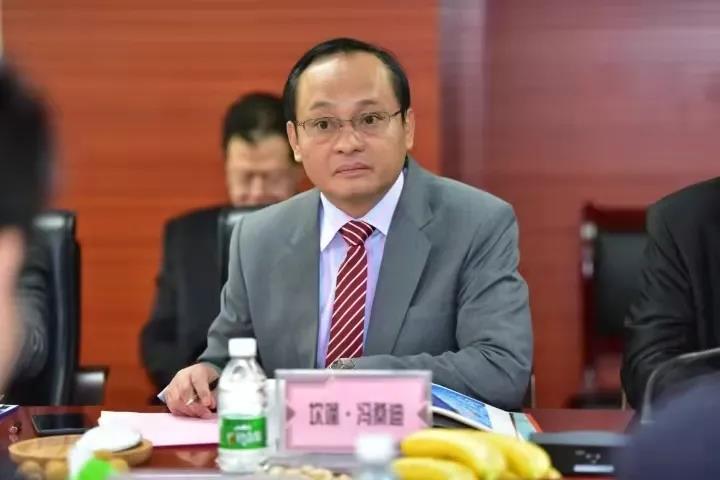
Since China’s reform and opening up, more than 700 million poor people in rural areas have shaken off poverty, which is a great achievement in global poverty reduction.
During my term of office between 2016 and 2020, I saw the very first high speed rail in Yunnan being put into service. Yunnan’s development has been strongly driven by its goal of becoming China’s new pivot of opening up facing South and Southeast Asia.
Laos and China are working together to build a community of shared future. By promoting the projects of China-Laos Railway and China-Laos Economic Corridor, we hope to bring more concrete benefits to the people from both countries.
Khamphone Vongsanty, Former Consul General of Laos in Kunming
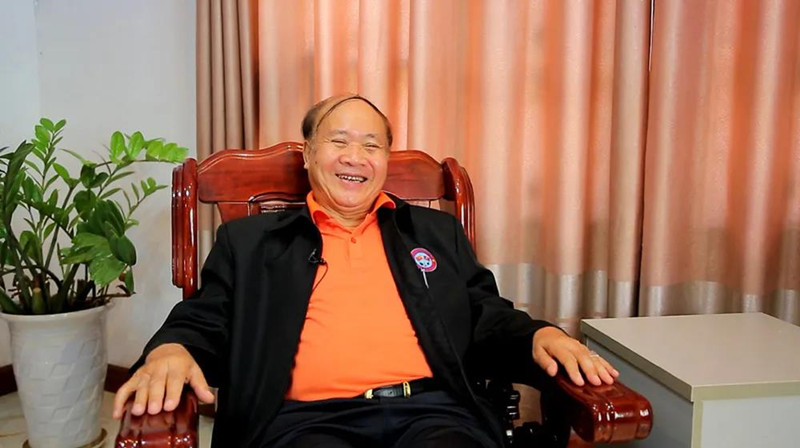
The project in Sor village, Vientiane’s Sangthong district, is a great example of poverty reduction cooperation between China and Laos. Now, many Lao villagers there have already shaken off poverty.
This project has not only provided us with models and experience, it has laid a foundation for the poverty alleviation in Laos.
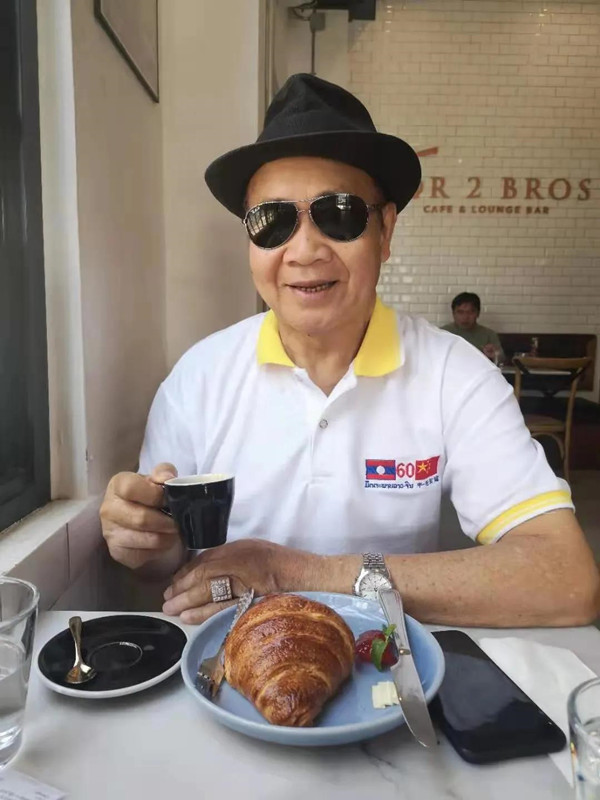
I expect to see China strengthening its cooperation and communication with Laos in the area of poverty reduction, so that the dividends of China-Laos economic cooperation can benefit the people from both countries and also help accelerate the construction of China-Laos community with a shared future.
Sykhoun Bounvilay, General Secretary of Laos-China Friendship Association
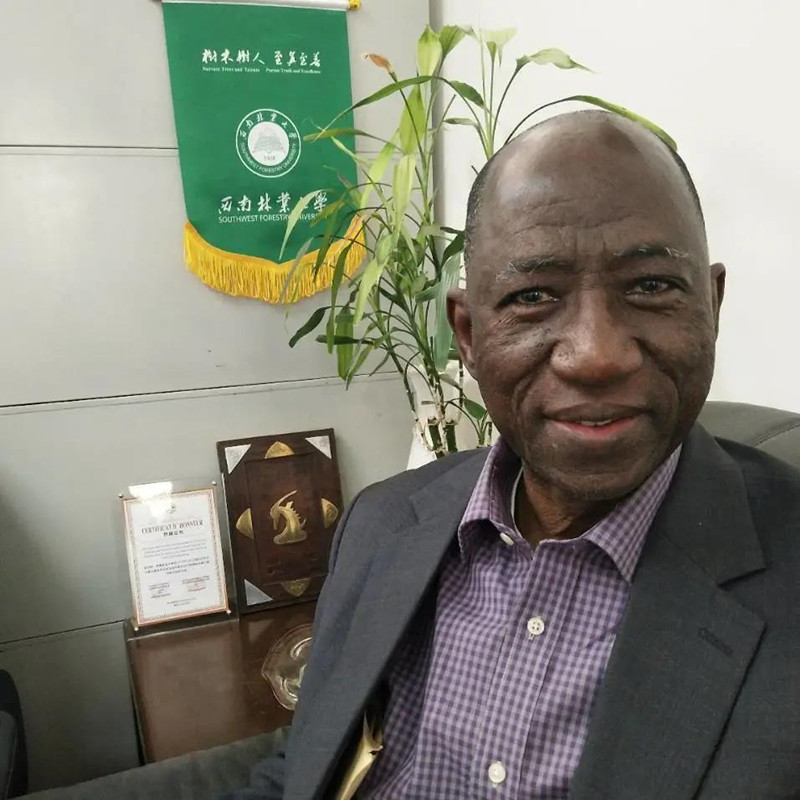
China’s measures and achievements on poverty reduction are unique.
When I was in Yunnan, I saw how hard the province worked on alleviating poverty and what had already been achieved. Yunnan lifts its people from poverty by the means of ecotourism. This, with no doubt, is a very special way.
Africa and China share many similarities in terms of their ways of development. China’s battle against poverty is a role model for Africa, as it encourages us to stand up to the challenge of poverty relief.
As the Belt and Road Initiative moves forward, I would like to see the China-Africa cooperation on poverty reduction being deepened.
Macki Samaké, Former Rector of University of Arts and Humanities of Bamako, Mali
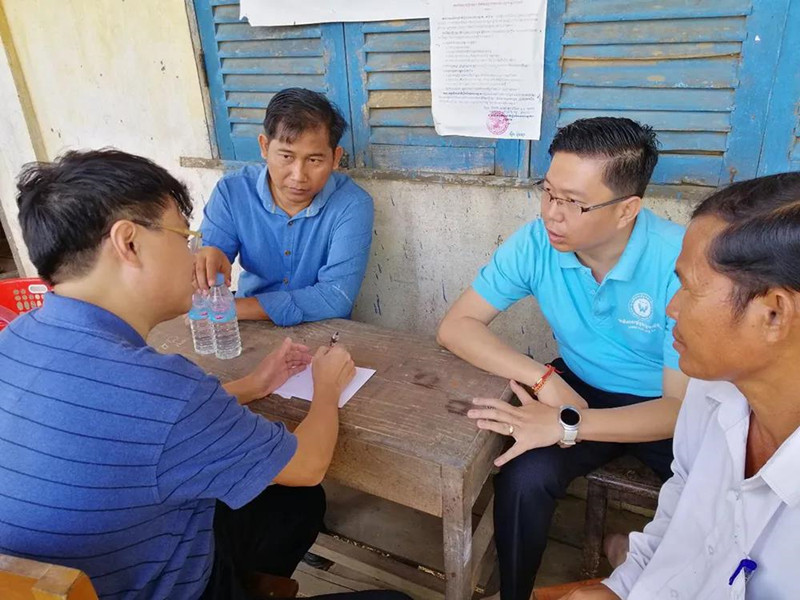
I have been impressed by how Yunnan’s Xishuangbanna alleviates poverty through the means of tourism. Xishuangbanna develops its hostel, catering and handicraft businesses based on traditional cultures. This has helped protect local cultures, and in the meantime increase people’s income.
These measures are important references to Cambodia’s development of ethnic tourism and work of poverty reduction.

In the past 16 years, Cambodia has also made great progress on poverty reduction. And the capital, experience and technologies contributed by the Chinese government are key to our rural poverty relief projects.
I believe that Cambodian people will also be able to live a life of Xiaokang.
Chea Munyrith, Director of Planning and Project Department, Civil Society Alliance Forum, Cambodia

In 1985, I returned to Yunnan for the first time after some 20 years. Due to traffic difficulties, it took me 3 days to travel from Kunming to Majiazhai, my home village.
Later I had more opportunities to come back, and I’ve seen changes of the village over these years. Majiazhai gets better day by day, as roads and electricity are accessible to every resident, while eldercare services and public education available to all old people and children, respectively.
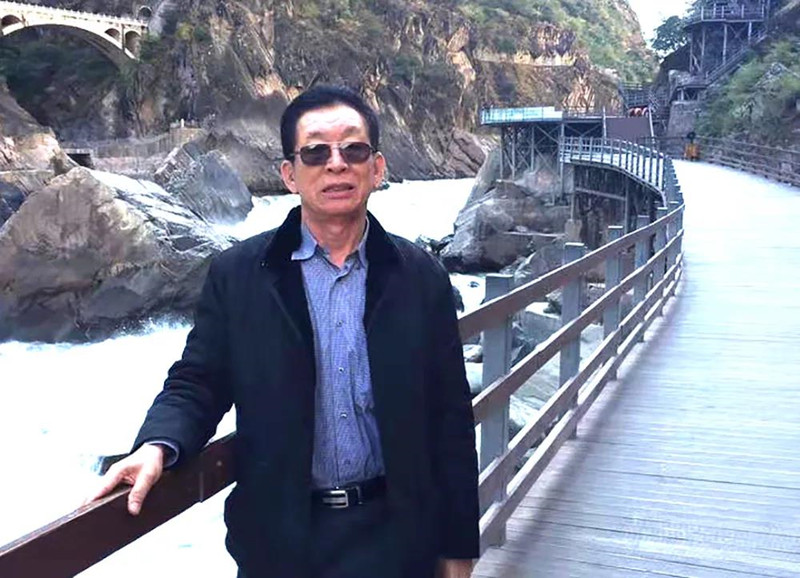
Targeted poverty alleviation has helped villagers get rid of poverty. As an overseas Chinese, I feel particularly excited and proud for what has happened in my home village.
Ma Jianbo, Vice President of Thai Chinese Association of Chiangmai
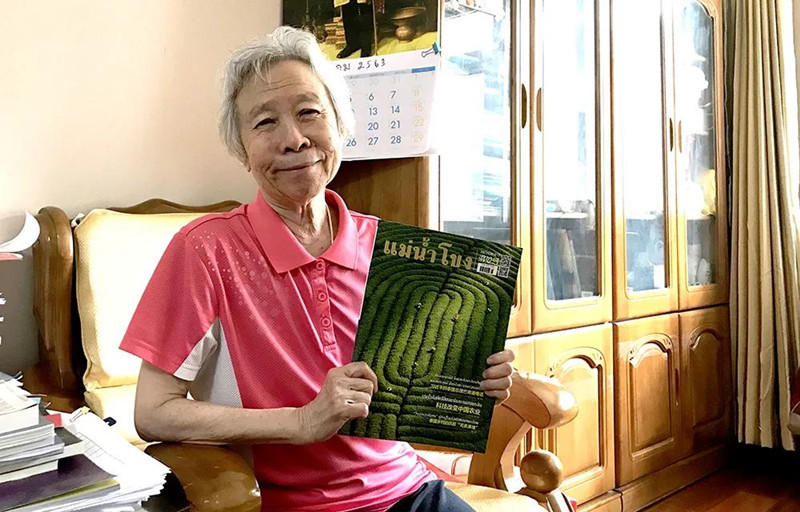
In the context of Thai, the meaning of “Xiaokang Society” should consist of two aspects: eat well and live well.
In China’s poverty reduction, there is a phrase called “education first”, meaning better education can lead to a more effective poverty relief. And I can’t agree more with it.
Impoverishment might be a result of multiple factors, but education is definitely a key to help people shake off poverty and live a life of Xiaokang.
I’d love to see the education of China getting better and empowering more people. All the best to China’s future development.
Kuapan Nakbubpa, Language Professor from Chiang Mai Rajabhat University, Thailand
Writing by Shen Yan, Yang Chunmei, Liu Ziyu and Cai Meng; editing by Zhu Dongran; translating by Wang Jingzhong and Zhang Shuyu